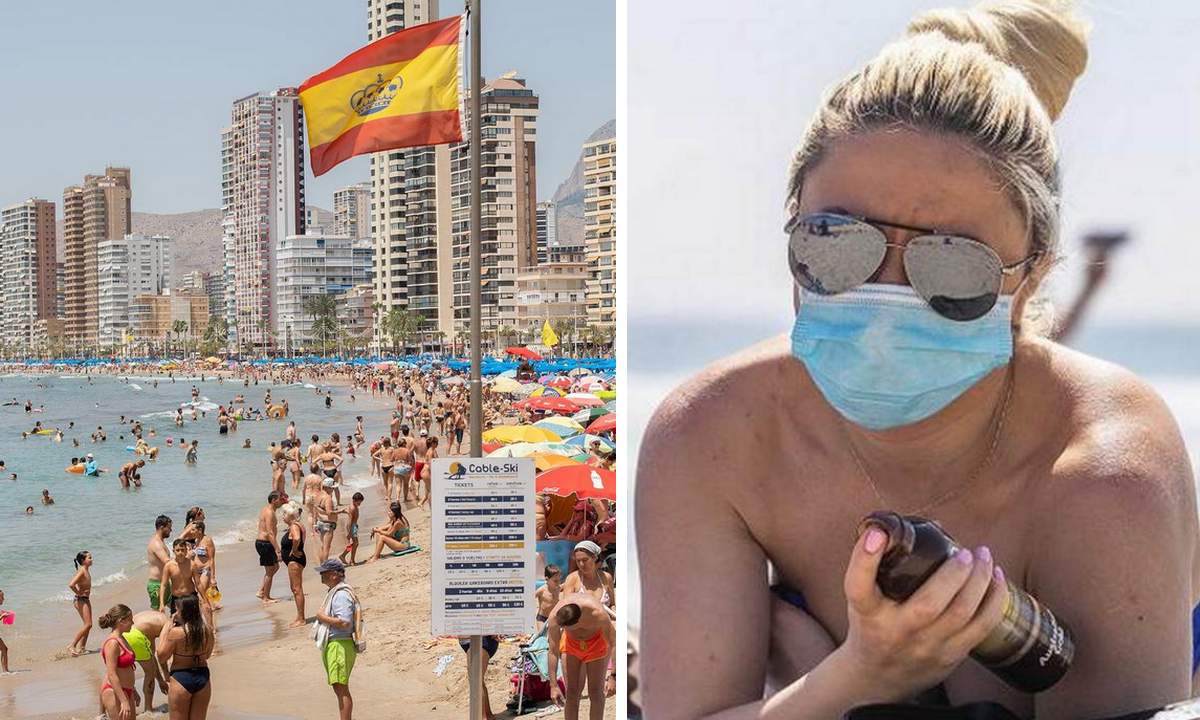At least six tourists vacationing in Ibiza, one of Spain’s most popular resorts, have been diagnosed with dengue fever. The kingdom’s government has declared a fever outbreak and issued a travel warning ahead of the peak holiday season, Spanish media reported.
It is known that six tourists suffering from mosquito bites arrived on the resort island from Germany and became infected between May and November last year. The disease is most dangerous in summer. However, mosquitoes can hide in apartment buildings and in winter, for example, in a damp basement. As the holiday season approaches, Spanish authorities have issued a warning that resorts remain at a “moderate” risk of infection for tourists during the summer and urged vigilance.
“One of the potential vectors of dengue fever is the Aedes albopictus mosquito, which is present throughout the territory, in the Spanish Mediterranean and the Balearic Islands (Mallorca, Menorca, Ibiza, and Formentera), as well as in some inland areas and the north of the country (Cantabria, Bilbao, etc.) .). Upon learning of these cases, the Balearic authorities have planned actions such as appropriate surveillance and vector control, as well as public awareness, to be carried out before and during the start of the vector activity season,” the Spanish Ministry of Health said.
Reference: Dengue fever is a classic hemorrhagic fever characterized by a rather severe course. It is a potentially fatal infection spread by mosquitoes. However, not all mosquito species carry dengue fever. The main carriers of the disease are Aedes aegypti mosquitoes, less commonly Ae. albopictus.
According to experts, symptoms usually appear in a person 4-10 days after being bitten by an infected insect.
Let’s list the symptoms of the dengue virus:
- high temperature
- severe headache
- body ache
- a rash consisting of flat or slightly convex spots
- swollen glands
- Some infected people may develop more serious symptoms, such as repeated illnesses and bleeding gums and/or nosebleeds.
The disease is accompanied by intoxication and a strong inflammatory process. The lethality of dengue fever is higher than that of flu or coronavirus, according to information from experts. Depending on the type of disease, it can reach 20-30%.

